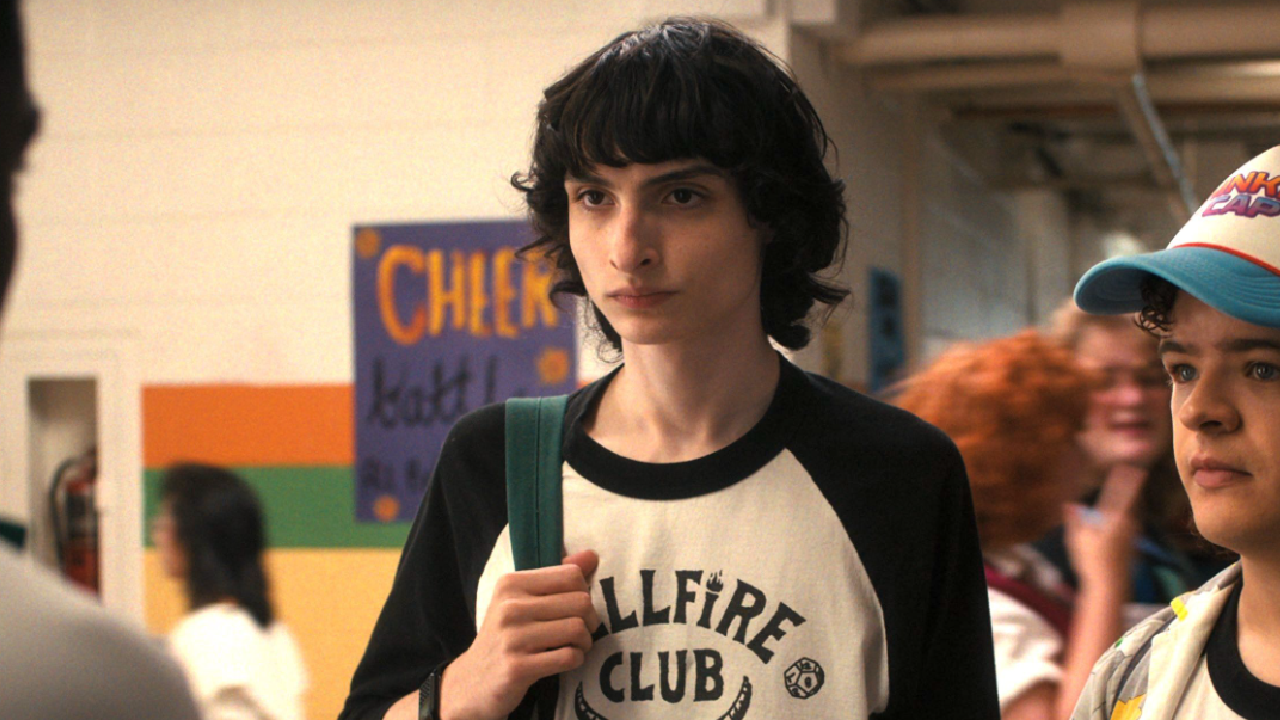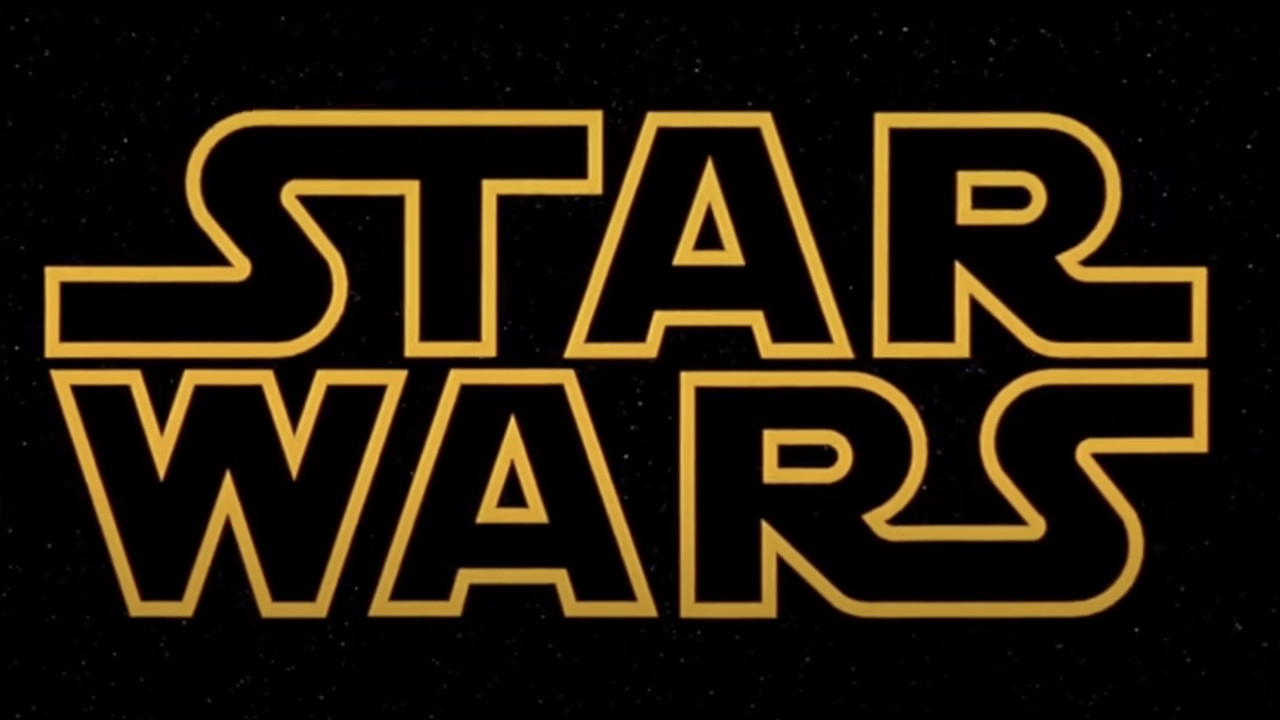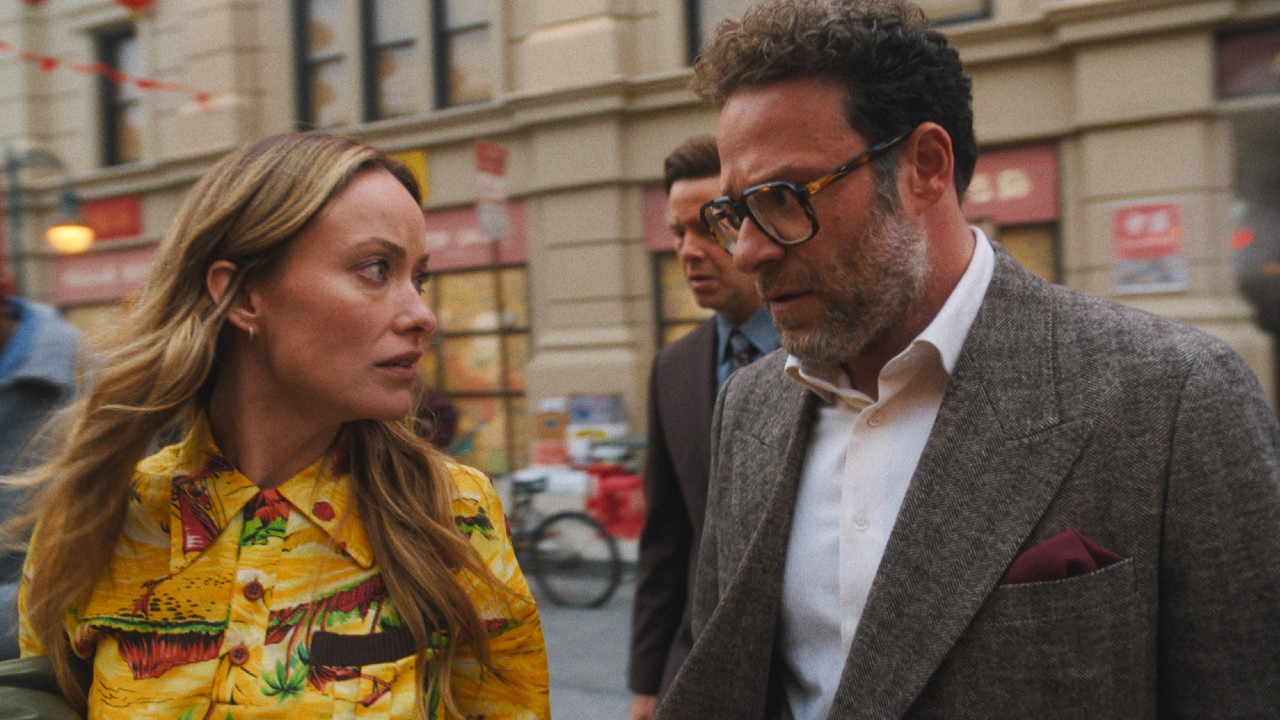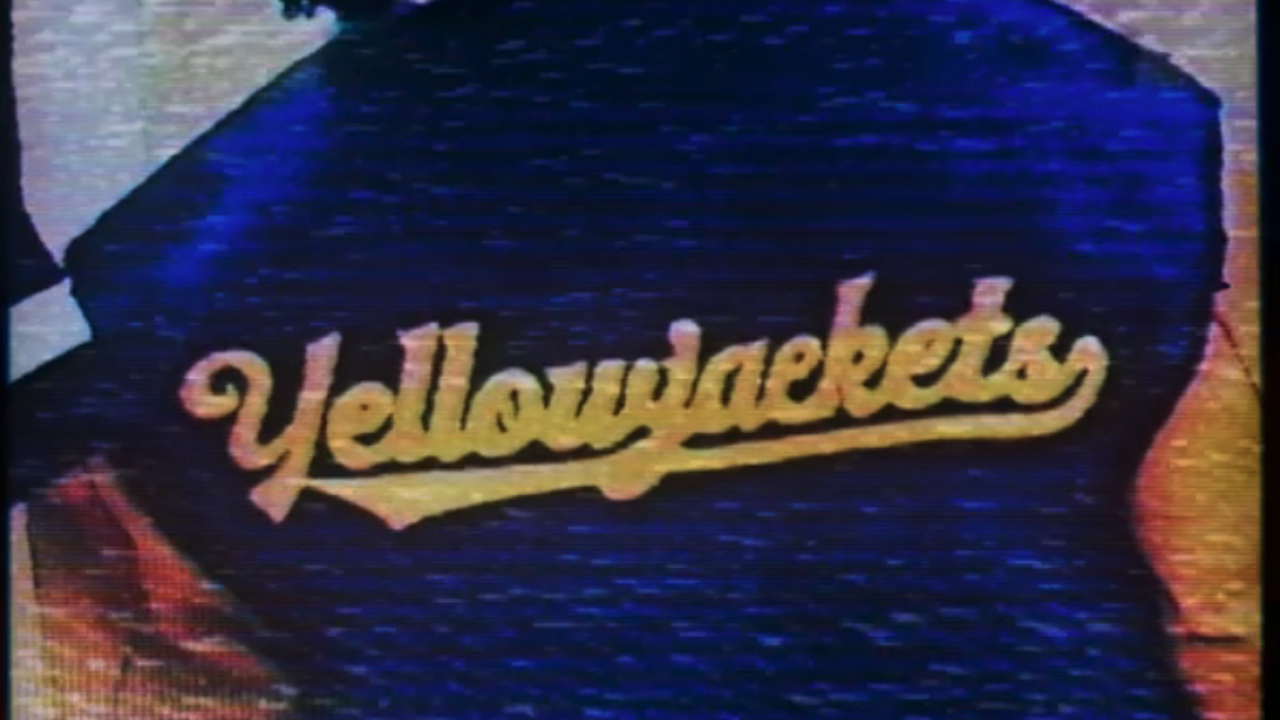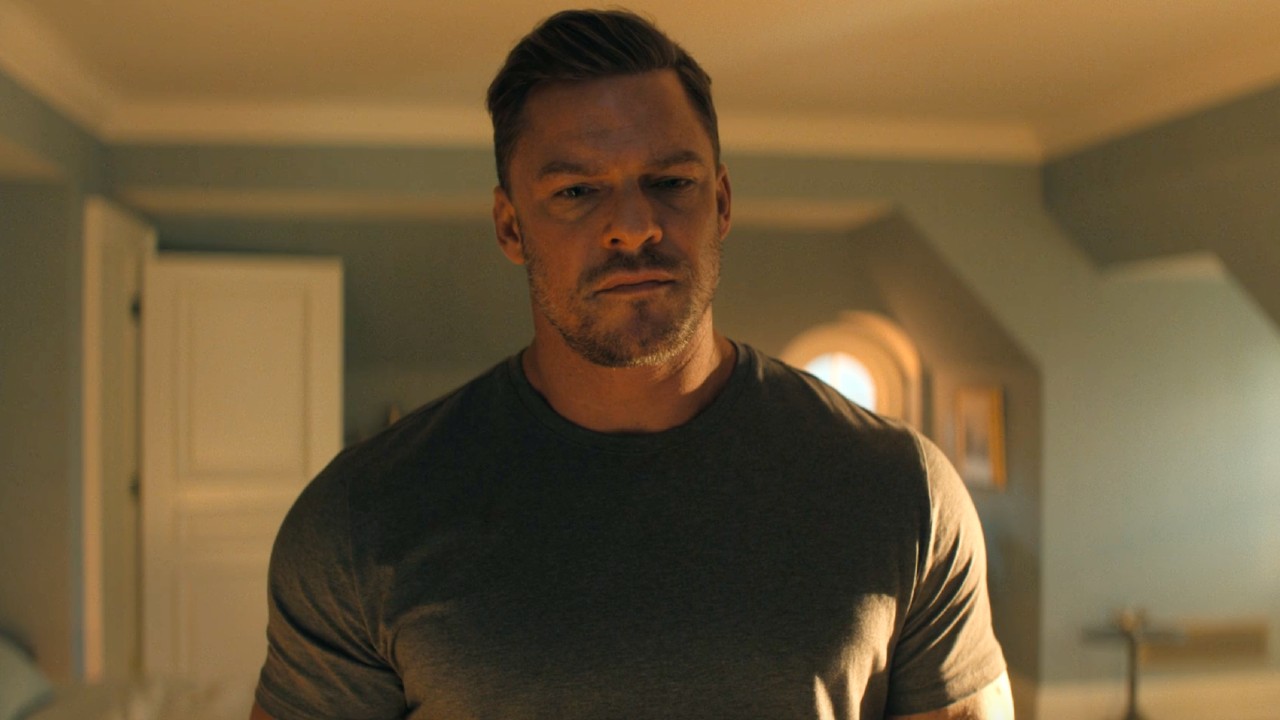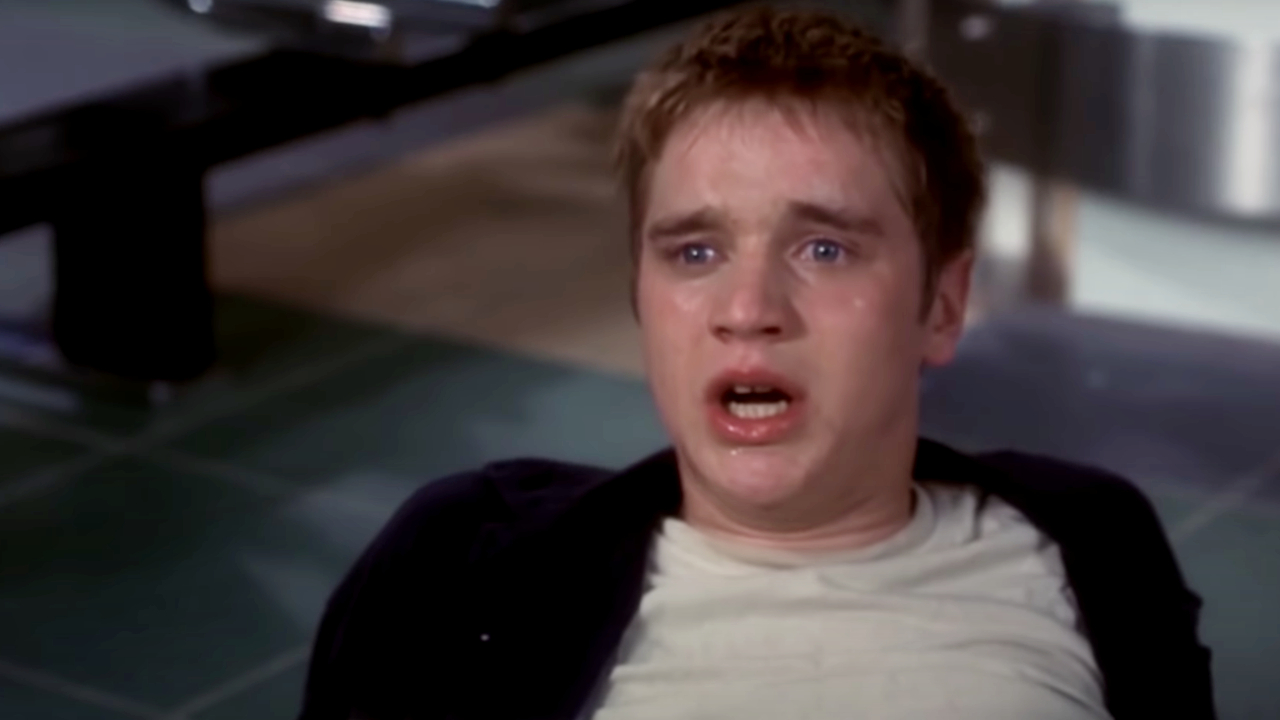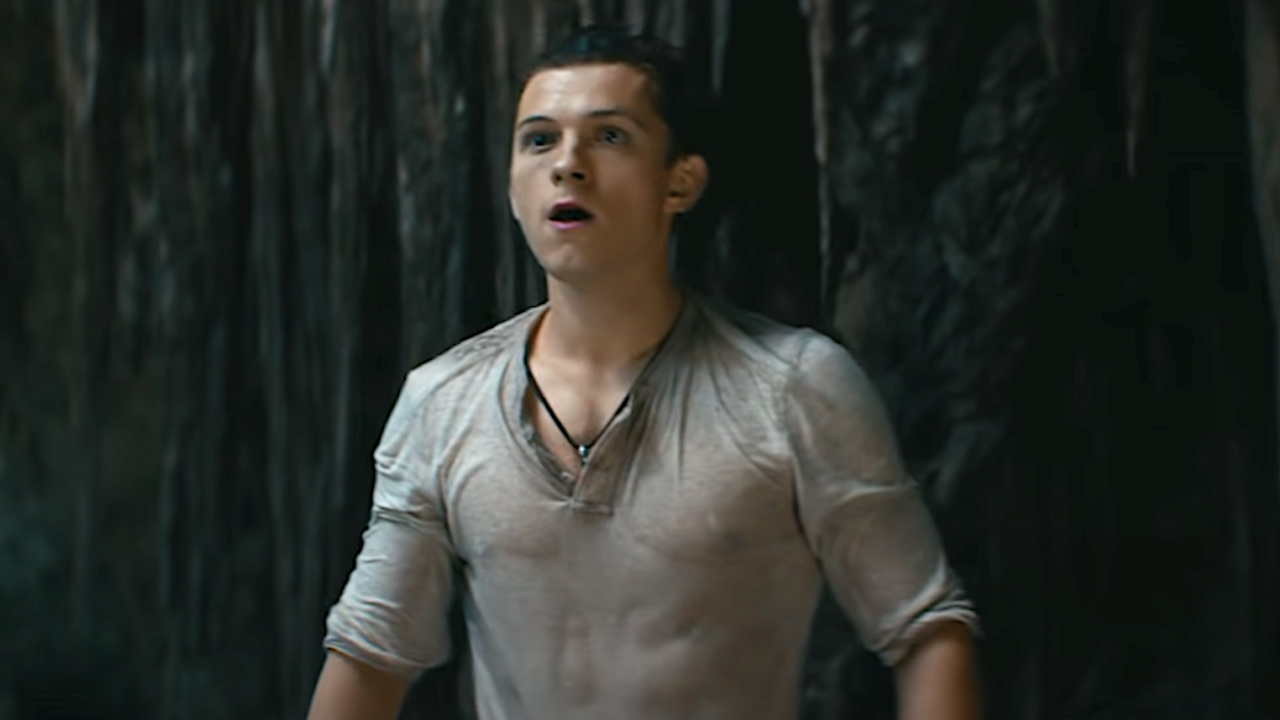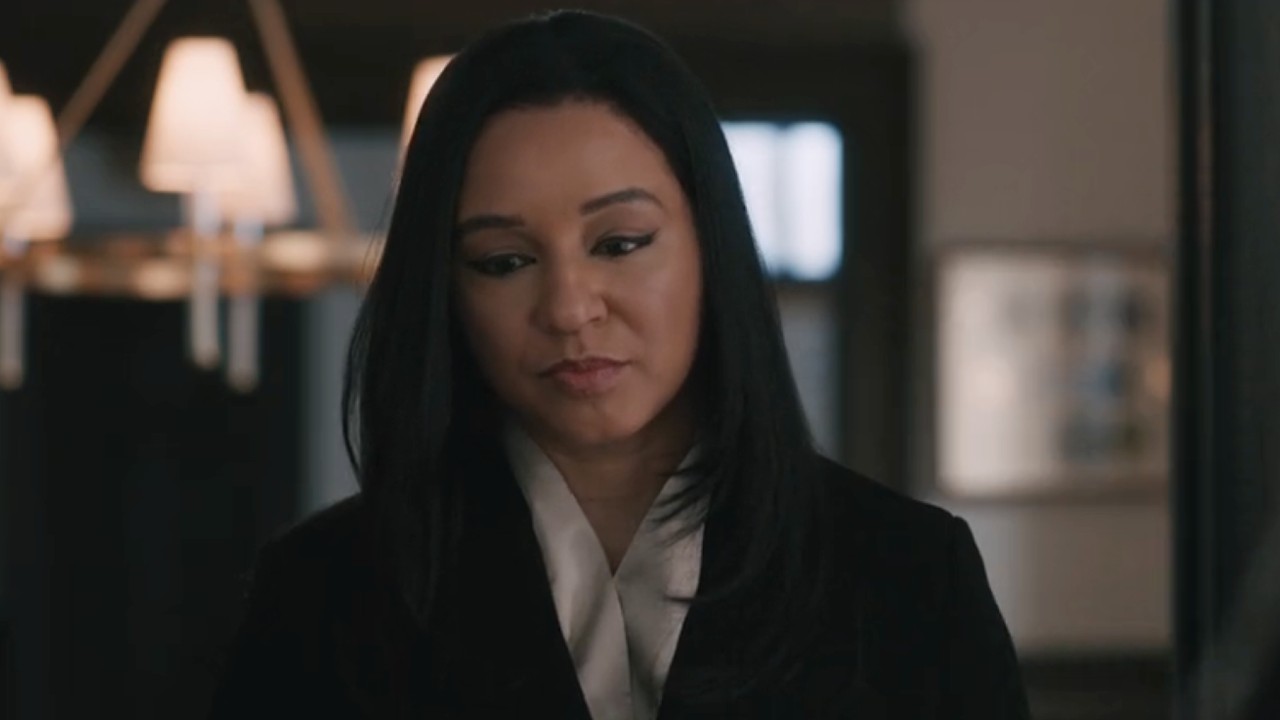Why Batman Forever And Batman & Robin Are Much Better Than You Remember
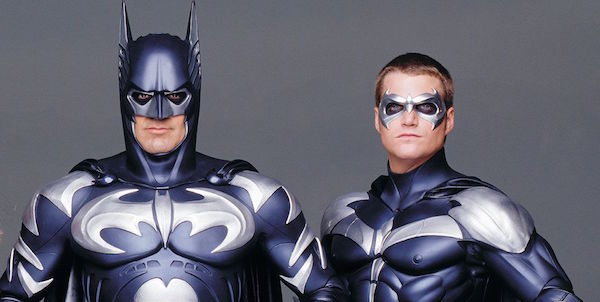
Without question, Batman is the most thoroughly explored cinematic superhero of all time. He's been portrayed a number of different ways, by a number of different actors, under the direction of a number of different filmmakers. Considering that long and storied history, The Dark Knight has clearly had his ups and downs, with most people generally agreeing that he hit his lowest under the guidance of Joel Schumacher in 1995 and 1997.
However, while we agree that Batman Forever and Batman & Robin don't represent The Caped Crusader's finest hours, we think there's plenty of good stuff to be found in those particular films. With that in mind, we have gone through the details and pulled out six very specific reasons why Batman Forever, and Batman & Robin are far better than they get credit before. Check out our list and let us know what you think in the comments section below. Let's get the ball rolling with one of the more underrated villainous performances of all time.
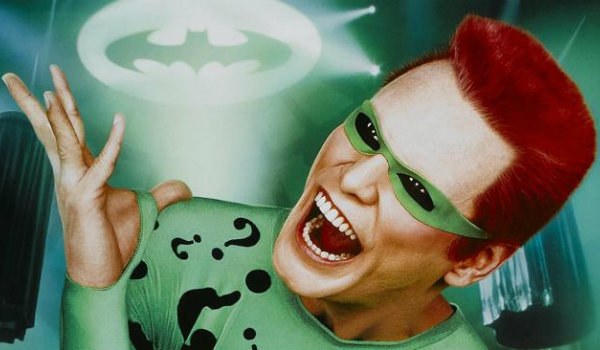
Jim Carrey's Riddler
Opinions towards Jim Carrey's take on Edward Nygma a.k.a The Riddler have definitely softened in recent years. Although his performance is objectively absurd on a number of levels, it actually fits perfectly within the confines of Batman Forever's tone and story; context is key. It's pretty clear that he spends the entire film channeling the energy of the late, great Frank Gorshin from Batman '66, and much of his outlandish persona definitely feels rooted in the history of the character. Even when he goes full Ace Ventura, it still really works. Remember, this version of The Riddler was always intended to be a psychotic stalker with a manic, unquenchable obsession for all things related to Bruce Wayne. In that regard, Carrey nailed it.
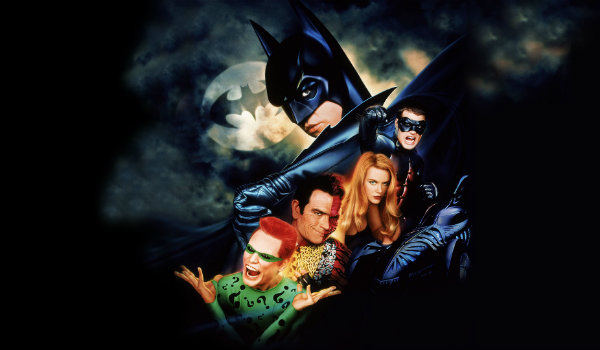
The Fun Tone
Although you can make an incredibly valid argument that the Schumacher-era Batman movies veered a little too heavily into the realm of Adam West-esque camp (particularly Batman & Robin) they cannot be faulted for attempting to try and bring some levity to The Dark Knight mythos. Modern Batman legend, Scott Snyder, recently came out and explained that the beauty of Batman is that the character is malleable enough to fit into a variety of tones and styles; not everything has to be doom and gloom. There's absolutely nothing wrong with a more lighthearted take on the Caped Crusader, and it's clear that the folks at Warner Bros. have even started to take notice, considering the direction that Justice League will take. Camp isn't a dirty word, and it's time for us to recognize that fact.
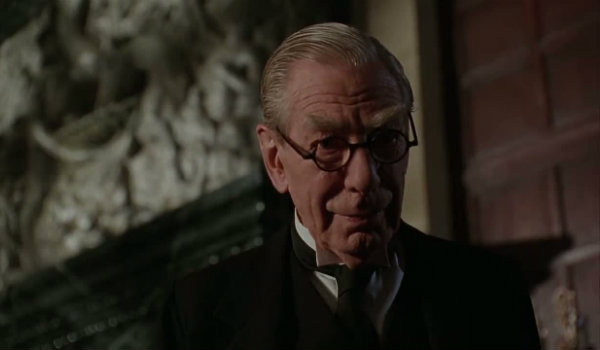
Michael Gough's Alfred
Despite the fact that Michael Caine made a serious impression as Alfred Pennyworth in Christopher Nolan's Dark Knight trilogy, and Jeremy Irons has shown early promise with his limited exposure in the DCEU, there's still a large segment of the audience that will always consider Michael Gough to be the quintessential Alfred. As a holdover from the Keaton era, Gough brought his characteristic gravitas to the iconic butler, and an almost Yoda-like wisdom that helped ground the Schumacher Batman movies. As these films aimed for a much lighter tone that the Burton films, Alfred always scored solid laughs, and his sage like presence helped guide the new members of the Bat Family that signed on during the events of Batman Forever as well as Batman & Robin.
Elliot Goldenthal's Score
There really is no definitive Batman theme song. Certain fans tend to gravitate towards Danny Elfman's score for the original 1989 Batman, while plenty of other fans have an affinity for the work done by Shirley Walker on Batman: The Animated Series, or Hans Zimmer in The Dark Knight trilogy. However, nobody ever seems to give Elliot Goldenthal the credit he deserves for coming up with a near-perfect sound for The Caped Crusader. Combining the frenetic energy of Elfman with the weighty power that Zimmer would eventually bring to the DC universe, Goldenthal's themes for Batman Forever and Batman & Robin are far better than the movies they accompanied. In fact, I would even go so far as to say that his work is far superior to Junkie XL's Batman theme from Batman V Superman.
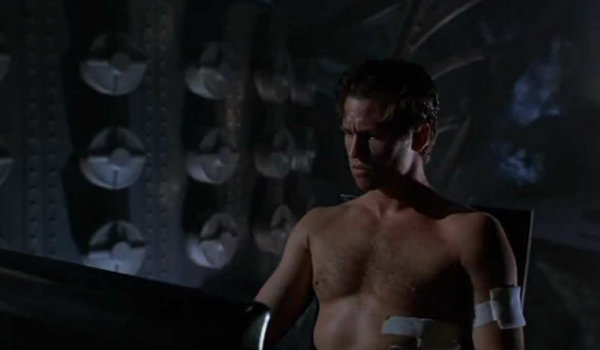
Val Kilmer
We've shared this sentiment on CinemaBlend before, but it definitely bears repeating: Val Kilmer is to Batman as Timothy Dalton is to James Bond. He's underrated, underappreciated, and far ahead of his time. Although Christian Bale is often credited with bringing never before seen levels of depth to the character's psyche, Kilmer's take on Batman and Bruce Wayne explored those ideas a full decade earlier. His Dark Knight wasn't just the damaged loner of the Michael Keaton era, and he wasn't simply the swashbuckling playboy of the Adam West era; there was real psychology to his pain, and room for exploration. Beyond that, Kilmer was the first Batman to truly possess a physicality that convinced us he could take on a room full of thugs, which would become the standard for silver screen superheroes in later years.
CINEMABLEND NEWSLETTER
Your Daily Blend of Entertainment News
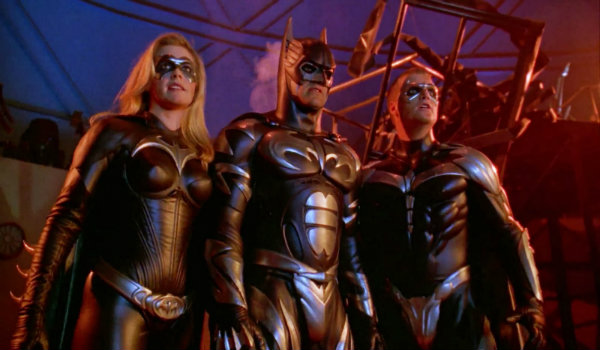
Batman & Robin Is The Only Movie To Follow Batman's "One Rule"
The debate continues to rage regarding whether or not it's acceptable for Batman to kill in the movies, but it's abundantly clear that it didn't sit well with many fans when Batfleck blatantly blew bad guys away in Batman V Superman. However, the odd thing to note is the fact that George Clooney's Batman from Batman & Robin is the only post-Adam West incarnation of The Dark Knight to not kill a single one of his enemies on screen. From Keaton and Kilmer to Bale and Affleck, all of them either directly or indirectly took lives during their films. For all of his faults, Clooney holds the distinction of being the one Batman to remain true to Batman's "One Rule" over the years, and that counts for something.
Originally from Connecticut, Conner grew up in San Diego and graduated from Chapman University in 2014. He now lives in Los Angeles working in and around the entertainment industry and can mostly be found binging horror movies and chugging coffee.


